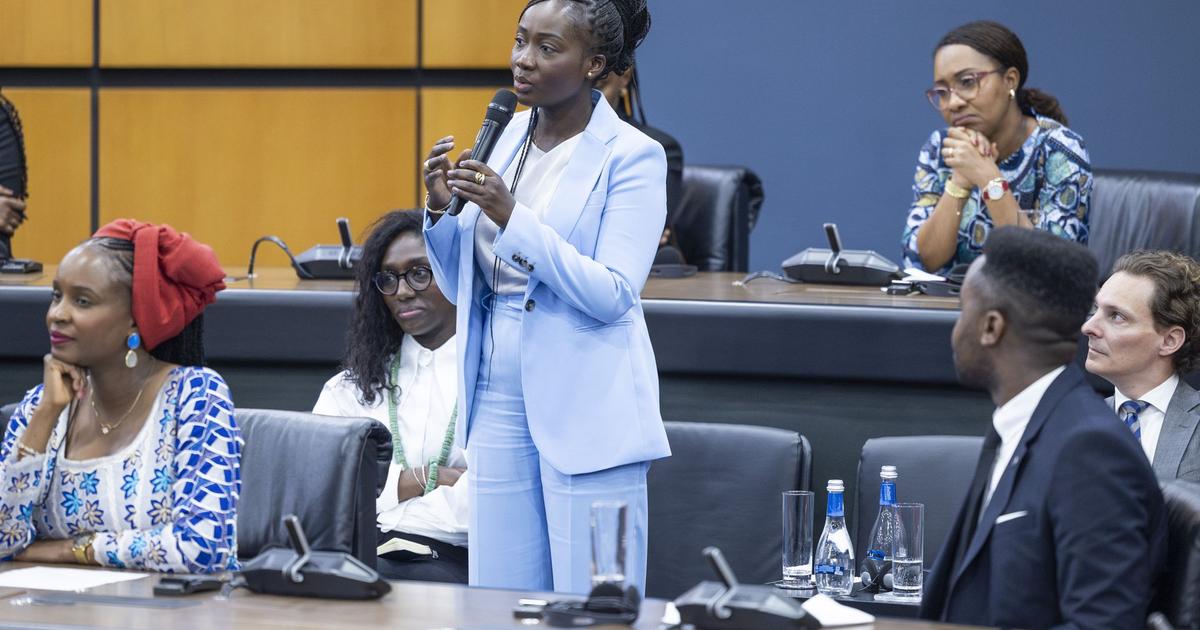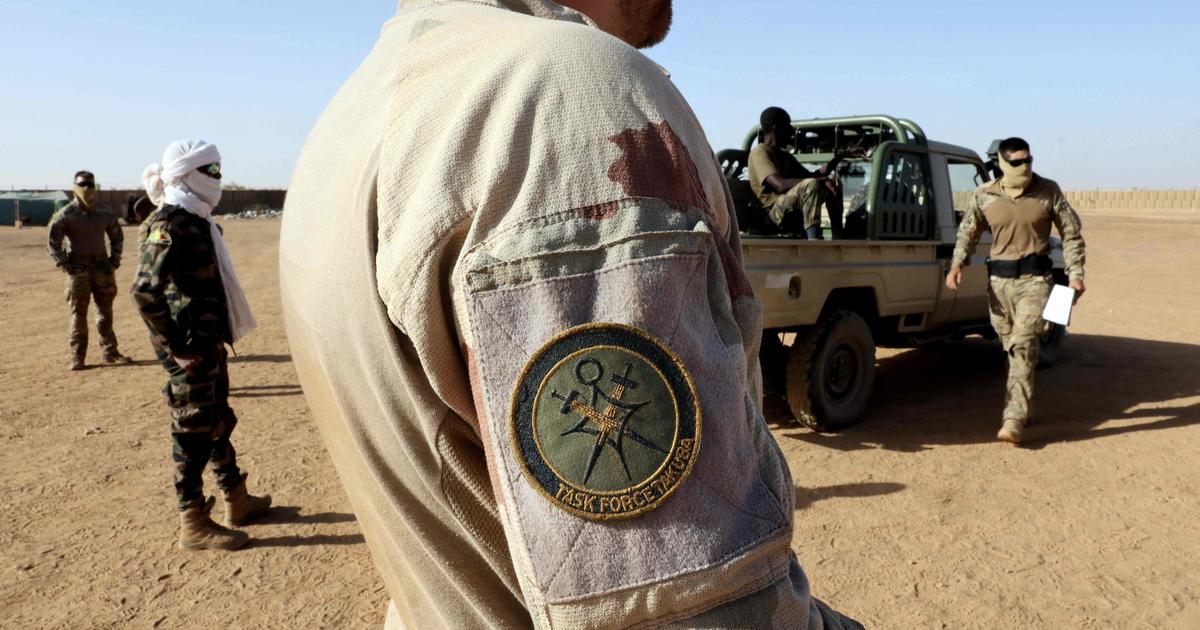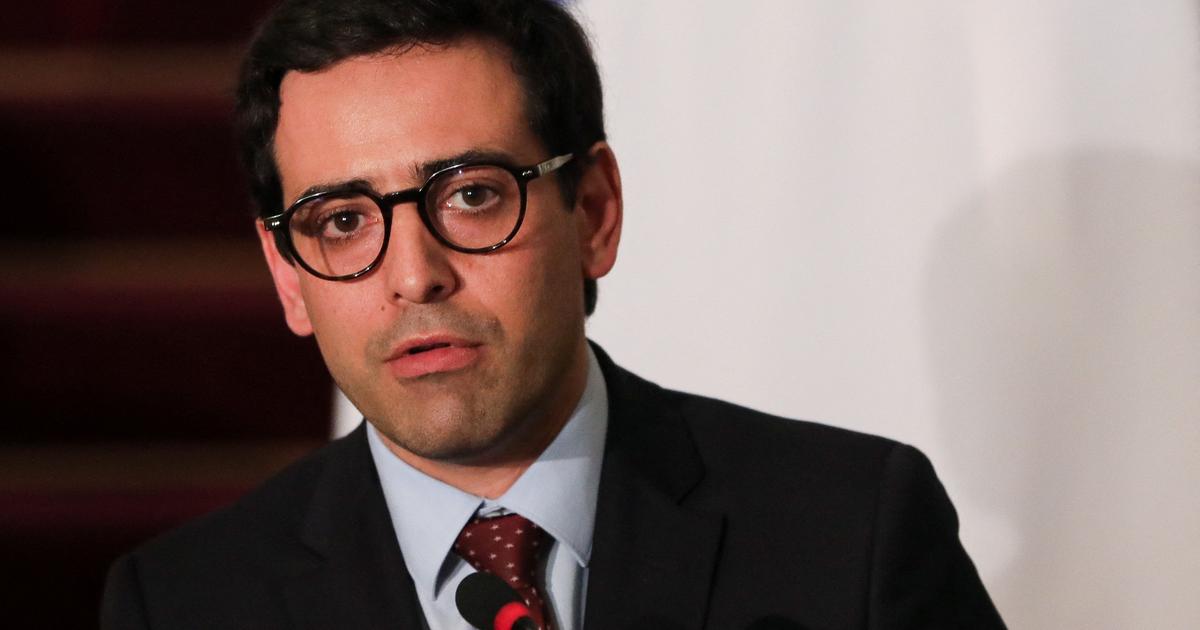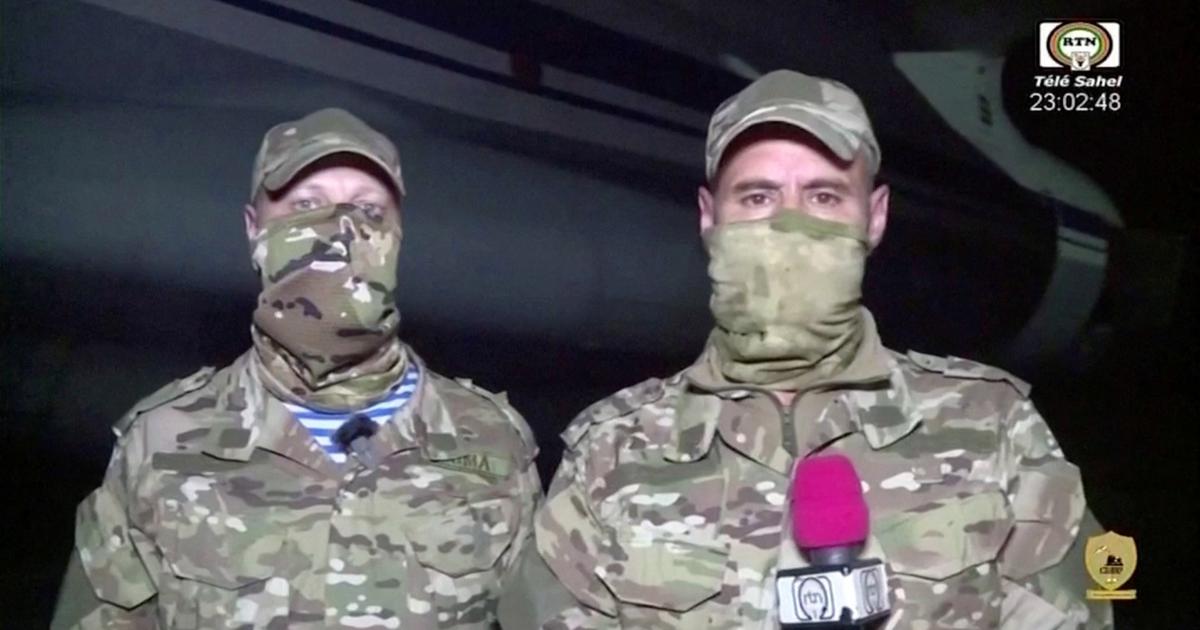French soldiers in Mali: unable to improve the situation
Photo: Reuters Staff / REUTERS
The calls got louder and louder in the past year.
"France out," shouted angry people in the streets of Bamako.
"Stop the genocide by France in Mali" or "Death of France and its allies" was written on the demonstrators' signs.
More and more stones flew when military convoys moved through the country.
The French armed forces became increasingly unpopular with the population.
It was not just about the civilian casualties that the French mission claimed. But also because the French, who were still celebrated at the beginning of their mission, were not able to improve the situation. On the contrary, despite their presence, the violence in the country increased steadily. And the French also worked with the corrupt rulers.
Now President Emmanuel Macron announced on Thursday of this week that he would end the military operation "Barkhane" and withdraw the majority of French soldiers from the Sahel zone.
Several hundred members of special forces are to stay behind, international partners and above all the Sahel states are to be more involved in the fight against terror.
From sources close to the government, however, it is said that the proportion of French intervention forces should be reduced by half within two years.
Details of the withdrawal plan will be announced in the next few weeks.
According to Macron, "consequences are drawn from things that have not worked."
The role of France could not be to replace the governments in the Sahel in the long run.
No negotiations with terrorists
Macron's decision is likely to have been made with a view to the coup in Mali last month - the second coup in the course of a year. It is not France's role to continue a military combat mission in a country whose leaders do not themselves contribute to stabilization, said the French President. Direct cooperation with the Malian military was discontinued after the coup.
The French are probably also annoyed by the apparent willingness of the new Prime Minister-designate Choguel Maiga to hold talks with Islamists and other armed gangs. France categorically rejects this. And thus sends a questionable signal to the governments of the Sahel states: Anyone who negotiates with Islamists and thus deviates from France's unsuccessful military strategy risks losing support from Europe. Possible ways to a peaceful solution are blocked.
The intervention of the former colonial power France in Mali began in 2012. The Tuareg had risen, allied themselves with Islamist groups and quickly overran northern Mali.
In early 2013, the French drove the insurgents back.
At that time the French were still celebrated as liberators.
Paris stationed 4,500 soldiers in the country as part of the "Barkhane" anti-terrorist operation; today there are 5100. The UN launched its MINUSMA mission.
15,000 blue helmets were sent to Mali.
The Bundeswehr is also supporting the operation with up to 1,100 soldiers.
Islamists on the rise
However, the failure of the French strategy has long been evident. Ethnic conflicts, tensions between the population and the respective governments and military, jihadist terror and the rampage of criminal gangs are escalating further and further. The goal of calming the region through investments in security, development and governance was not achieved. The focus was primarily on a military solution, while support in building state and civil society structures was neglected.
A key problem is that the West has long paid too little attention to the causes of the uprisings in the Sahel region.
Militant Islamism is often not the driving force.
Closely interwoven with the Islamists are smuggling networks connected to the corrupt elite.
Governments fail to offer their citizens economic and social prospects.
Climate change exacerbates the problems.
And so new militias are always emerging.
And the violence has spread from northern Mali to the center of the country and from there across the borders to Niger and Burkina Faso.
There are attacks in Mali, Niger and Burkina Faso almost every day.
The law of the strongest prevails because in many regions state authority no longer exists.
More than 7,000 people died last year and around 1.5 million are on the run.
The al-Qaida offshoot Jama'at Nusrat al-Islam wal-Muslim and militias associated with the "Islamic State" benefit from the tensions between different ethnic groups and the failure of the state: They are recruiting more and more fighters from the angry population .
Attacks by jihadist groups have increased fivefold since 2016.
In the past week alone, at least 132 people died in an attack by extremist groups in Burkina Faso.
In the meantime, large areas of retreat for terrorist groups have emerged.
In this environment, cooperation between the Sahel countries and the EU on migration issues is becoming increasingly unrealistic.
There is also a risk that the instability will spread to all of West Africa.
It is to be feared that the reduction of French troops and the continued focus on purely military operations will further worsen the general chaos in the region.






/cloudfront-eu-central-1.images.arcpublishing.com/prisa/KEJKPQHVMJAPJONPEDK42JL56U.jpg)


